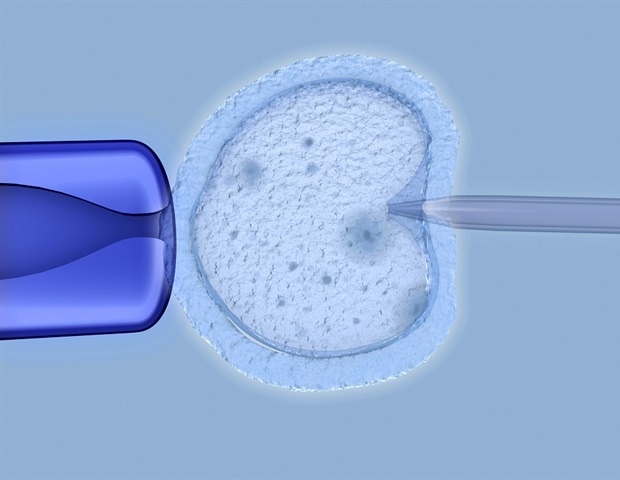New research has demonstrated the effectiveness of a first-in-class oral, non-hormonal drug in increasing embryo implantation, pregnancy and live birth rates among infertile women who are undergoing in vitro fertilization (IVF) or intracytoplasmic sperm injection (ICSI). The findings, presented today at the ESHRE 40 th Annual Meeting in Amsterdam, represent a significant step toward the first therapeutic tool to increase embryo implantation and live birth rate success. Worldwide, one in six people of reproductive age experience infertility in their lifetime.
Over 3 million IVF cycles are performed annually and yet, despite advancing IVF technologies, embryo implantation failure remains a significant challenge. In response to this unmet need, researchers have unveiled the promising findings of their Phase 2 clinical trial, OXOART2. This randomized, double-blind, placebo-controlled trial conducted across 28 centres in Europe evaluated OXO-001, a first-in-class oral drug that acts directly on the endometrium (inner lining of the uterus) to improve embryo implantation and pregnancy rates.

The OXOLIFE exploratory subset study analyzed 96 women aged up to 40 years old who underwent a single embryo transfer, 42 receiving placebo and 54 receiving a daily dose of OXO-001. Treatment began one menstrual cycle before the embryo transfer cycle and continued until five weeks after the transfer. Statistically significant improvements were observed in biochemical pregnancy rates – an early.























